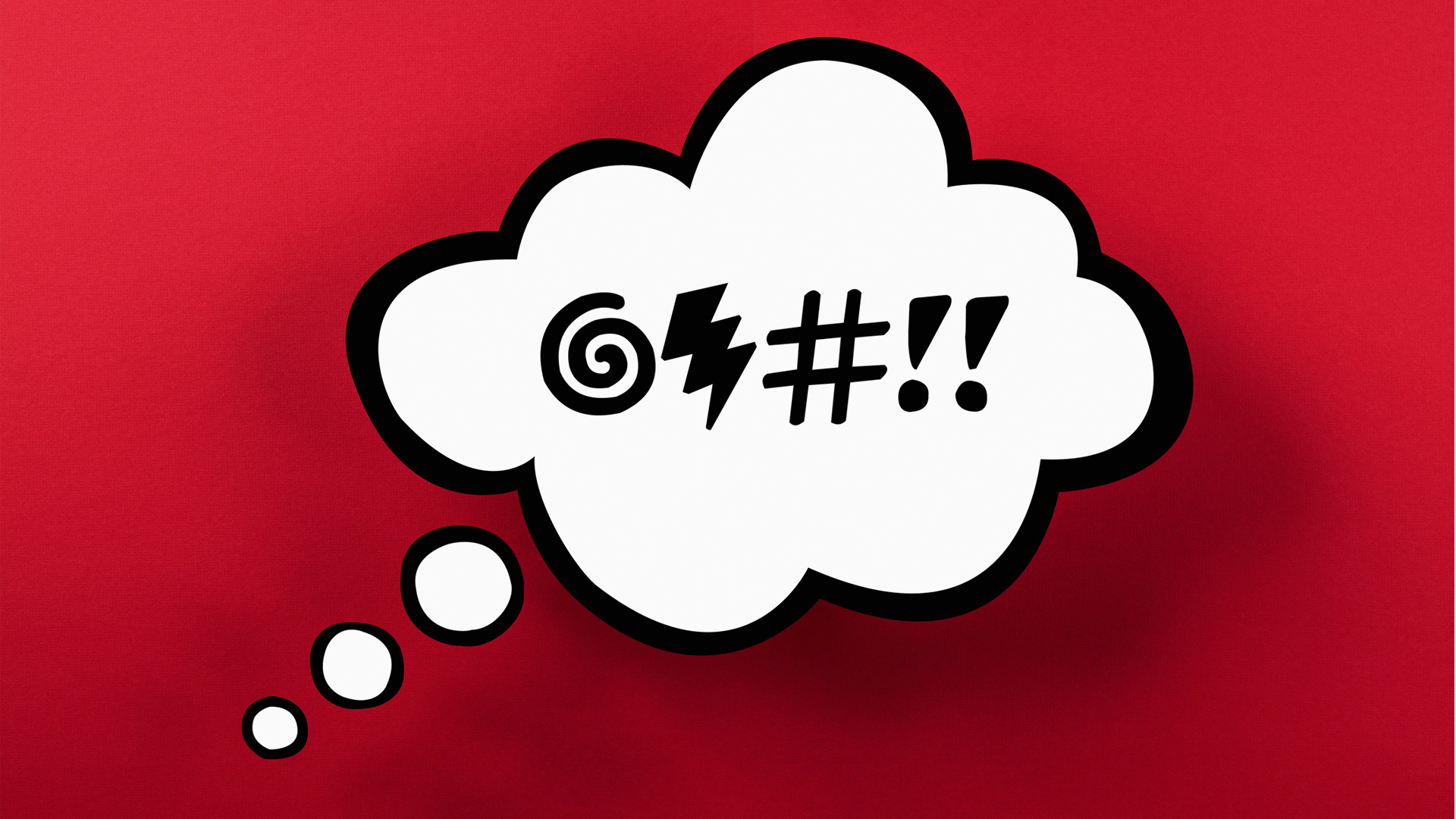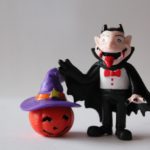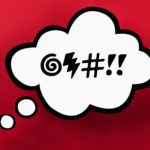I have a weird family and they’re probably the biggest influence on my characters. My parents, my brothers and all the way through my aunts, uncles and cousins are warm, witty and completely unique – and I’m proud to see that my eighteen-month old daughter is turning out just the same. Let’s be honest, I’m a bit of a weirdo myself.
So it didn’t surprise me that, when I spoke to my mum after she finished reading my new book, she hadn’t noticed any rude words or racy topics. Mum’s not like most grandmothers I’ve ever known. She’s seventy-five years old and still goes to music festivals. She goes to see dance performances at least three times a week and is the only person in London who is guaranteed to find someone to chat to on the tube.
So, despite rarely uttering profanities herself, my mother isn’t exactly normal. But there are plenty of people who do have a problem with bad language in fiction and I’m sensitive to that in my writing. As a child I was terrified of a rude word slipping out of my mouth in front of my parents and I somehow managed to avoid saying a single swear word at home until I was well into adulthood – I’m afraid that my dismay at recent political events has made up for this youthful abstinence . It wasn’t even as if we’d been told we weren’t allowed to swear, my brothers and I simply never did it.
So maybe that’s why I can sympathise with people who don’t like having to read vulgar language in their books. But, here’s the thing, I think that bad language, when used sparingly can add to the humour of a piece – and even as I write that I can hear my primary teacher Mrs Laflin telling me that there’s nothing funny about rude words. I don’t mean that saying the F word or talking about sex is inherently hilarious, it isn’t. If anything, I find that when I watch comedians live, there are those who try to shock the audience by being constantly cruder and lewder and the other kind who I greatly prefer.
But a kind of humour that I really enjoy is one that skirts close to the line of what’s comfortable. I don’t want to shock or embarrass, but I like that frisson of awkwardness as something comes out of leftfield. A friend of mine, who writes very Cosy Crime, suggested I remove anything risqué in order to appeal to the widest audience possible. To do that I’d have had to get rid of a particular moment a quarter of the way into A Corpse Called Bob where our brave and ridiculous protagonist Izzy is tailing her suspect through a supermarket and, without giving anything away, it all goes wrong. I love that joke, I think it’s hilarious (for balance, my wife thinks it’s stupid) and I really couldn’t bring myself to get rid of it based on the idea that I might gain a few readers.
So I think it’s about balance. I cover some fairly sensitive topics in the novel which I never could have in my children’s books. I enjoyed that freedom but I’ve also tried to avoid really bad language. Izzy isn’t a traditional protagonist and her sense of humour isn’t PG(13) but I think that a lot of her charm is down to how relatable and innocent she is. The humour in the book often comes from the line between this naivety and what’s happening around her. So I’ve tried to be risqué without vulgar, cheeky but never disgusting. I hope that I’ve got away with it and that no one loses the pleasure of reading the book because of such small issues.
Perhaps one recommendation for this way of thinking is that, having read the story in full, my Cosy Crime colleague decided I should leave the more adult content in because my book wouldn’t be the same without it. And, I have to say, I think she’s right.






